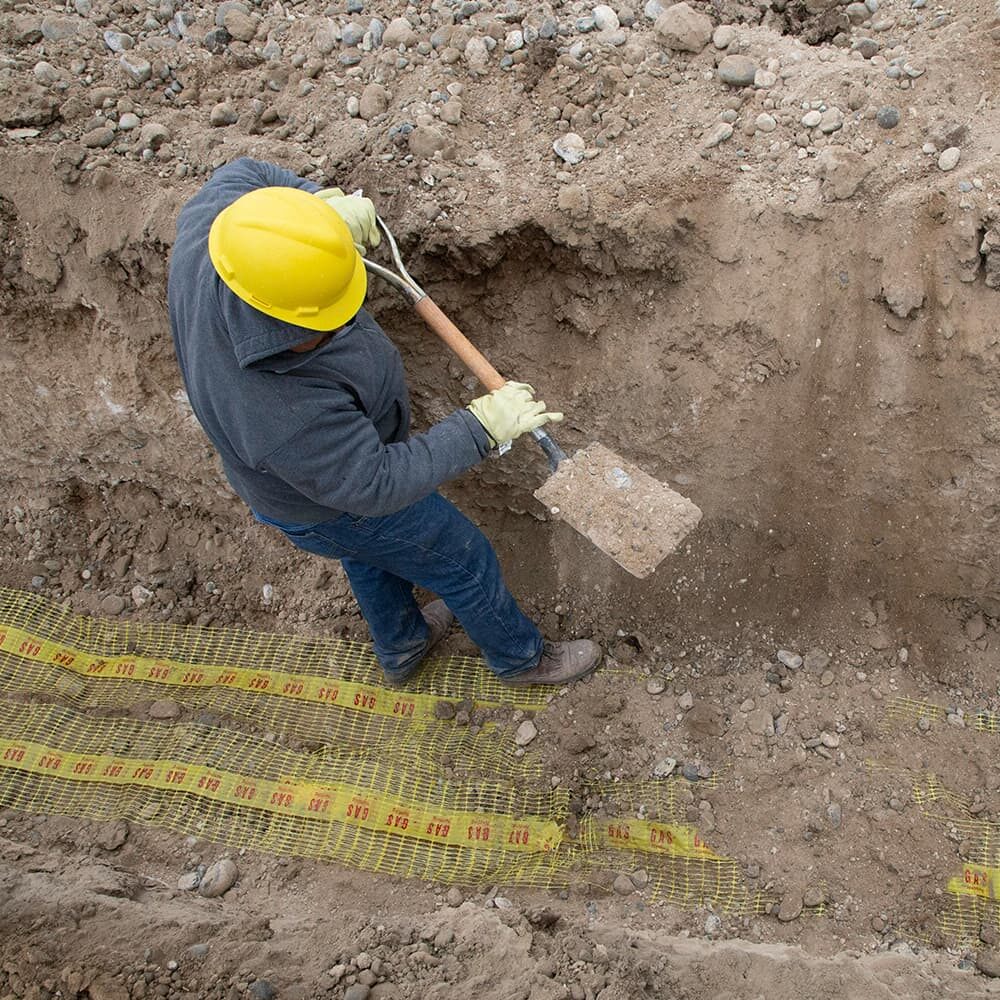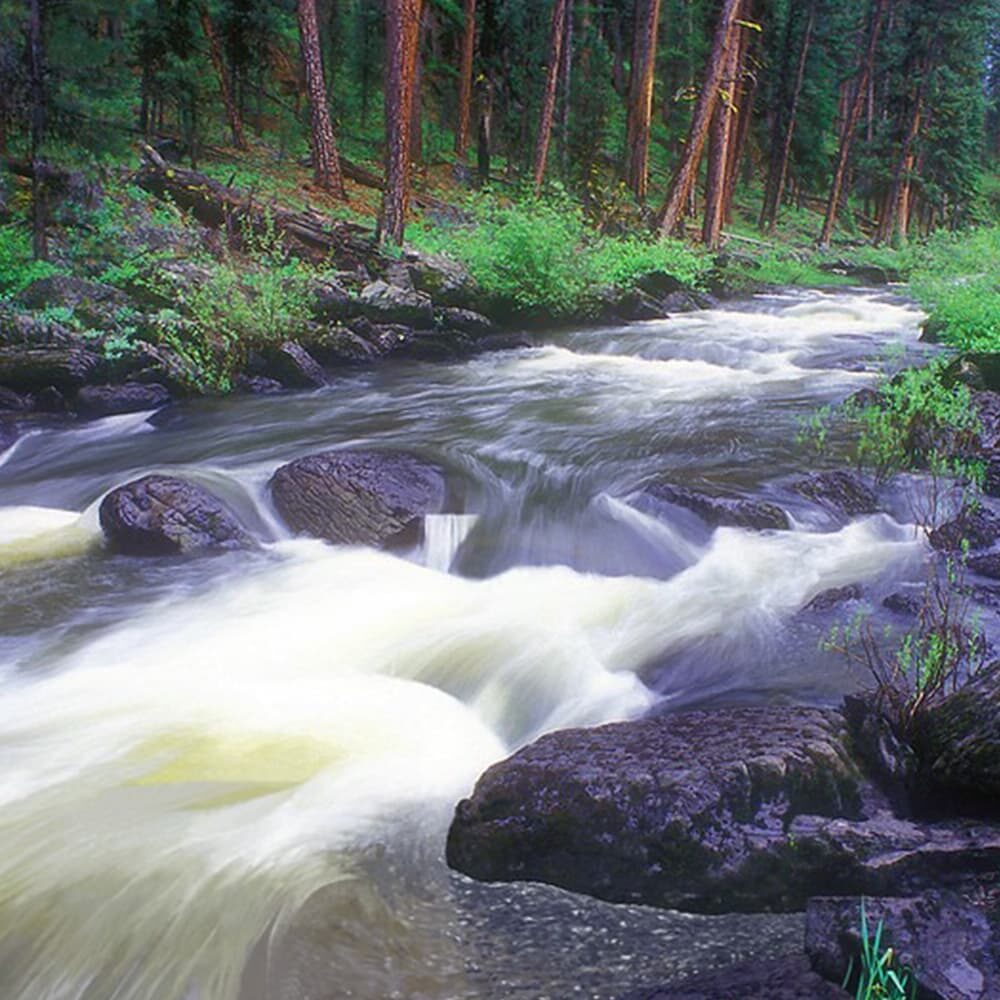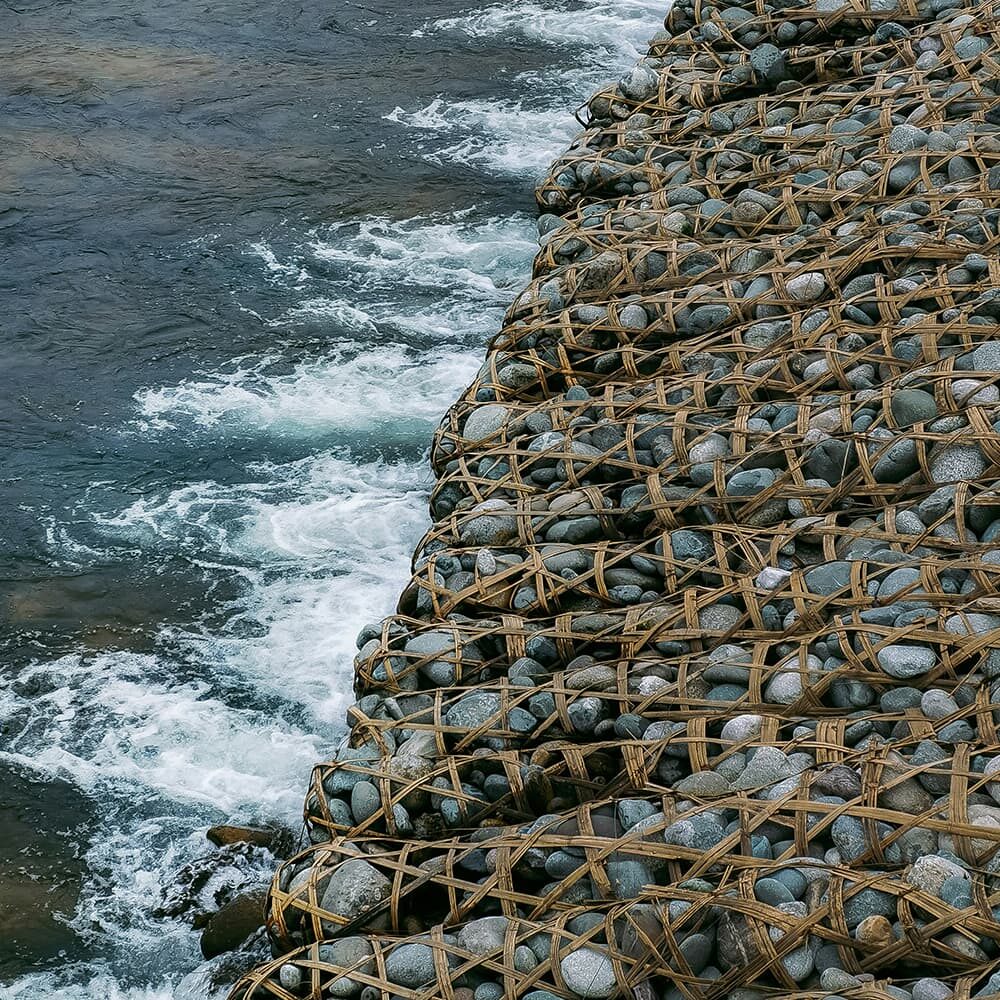Columbia River Fund
The Columbia River Fund supports projects designed to improve, protect, and benefit clean water and aquatic habitat in the Columbia River Basin.
The Fund was created by the Columbia Riverkeeper, and is funded through settlements of legal actions as part of the Columbia Riverkeeper’s Clean Water Act enforcement program. Columbia Riverkeeper’s goal in enforcing federal water quality law is to bring polluters into compliance with the law, thus leading to cleaner and healthier water bodies and fisheries.
The Rose Foundation for Communities and the Environment welcomes proposals from small grassroots conservation and environmental justice groups, but if your organization is really new or very small we urge you to consider applying to our Pacific Northwest Grassroots Fund instead.
Fund Details
Maximum Funding Request:
Up to $40,000
Important Dates:
This fund is no longer accepting applications for 2024. We will reopen this fund for grant inquiries again in Q2 of 2025. Below dates are for reference only.
July 11, 2024 - Applications due
August 2024 - Grant awards announced
Applications must be submitted by 5 PM on the due date.
Let’s Connect:
Have questions or want to book a consultation? Connect with Timothy Bell, tbell@rosefdn.org.
Eligibility and Priorities
- The applicant must be a 501(c)3 organization, fiscally sponsored by a 501(c)3, or a governmental or tribal entity. Nonprofit colleges, universities, university clinics and graduate programs are eligible to apply, but university overhead is limited to 5% of grant award.
- The applicant must demonstrate the capacity to complete the proposed project, including experience in successfully conducting similar or otherwise related work in the past.
The project must benefit the main stem of the Columbia River from Richland downstream to its mouth at Astoria.
- Projects involving water stewardship and/or outreach and education that have a clear water quality improvement benefit.
- Proposals that are primarily restoration focused will be more competitive if they include equity and environmental justice elements or engage with historically marginalized communities in some way.
- Priority will be given to proposals that involve impacted communities, benefit vulnerable populations, and are centered around principles of equity and environmental justice
- In the 2024 grants cycle, the Fund is encouraging small, local, volunteer-based groups. If your organization has an annual budget of $100,000 or less, we recommend applying for a grant of $10,000 or less
- Organizations that have been funded may only re-apply in the next cycle after their grant report has been submitted and approved. Organizations with an active grant from this Fund are not eligible to reapply.
Steps To Apply
Please read these instructions carefully and follow them step by step.
Review Eligibility and Instructions
Please check all eligibility requirements before starting the application.
Please read the following application instructions carefully and follow them step by step.
FAQ

- Legal strategies, policy development, and associated public outreach and education directed towards protecting the watershed and impacted communities, especially historically marginalized communities.
- Community organizing, public/environmental education to protect water quality and prevent degradation of the watershed, especially where the voices of historically marginalized communities are included.
- Green stormwater infrastructure
- Water quality monitoring and testing including sediment impact analysis, especially if the project also includes an element that uses the data to promote enhanced water quality.
Yes and No. We support many projects that have an element of environmental education within the overall project work, however, environmental education should not be the primary focus of the project. That is, projects should focus on improvements to water quality or prevention of water contamination through “boots on the ground” restoration, improvements in environmental policy, etc. Environmental education, while important, does not meet our selection criteria in and of itself.
If your group is awarded a grant, you must provide a final grant report at the completion of your project. If your project is longer than one year, you must provide an interim report as well. The final report is required before your group can receive additional funding. Grantees are also required to acknowledge grant funding in all project signage and publicly distributed materials.
Meet Past Grantees
From grassroots community organizers to groups with nation-wide reach, meet the changemakers supported by Rose grants.
Take the next step
Do you still have questions about this application process or need additional support from Rose Foundation staff? Here are some helpful resources.
Helpful Resources
Stay Connected
Change is happening! Receive updates on grantee successes, upcoming grants, and opportunities to make a difference. Join our community and be a vital part of the environmental justice movement.




